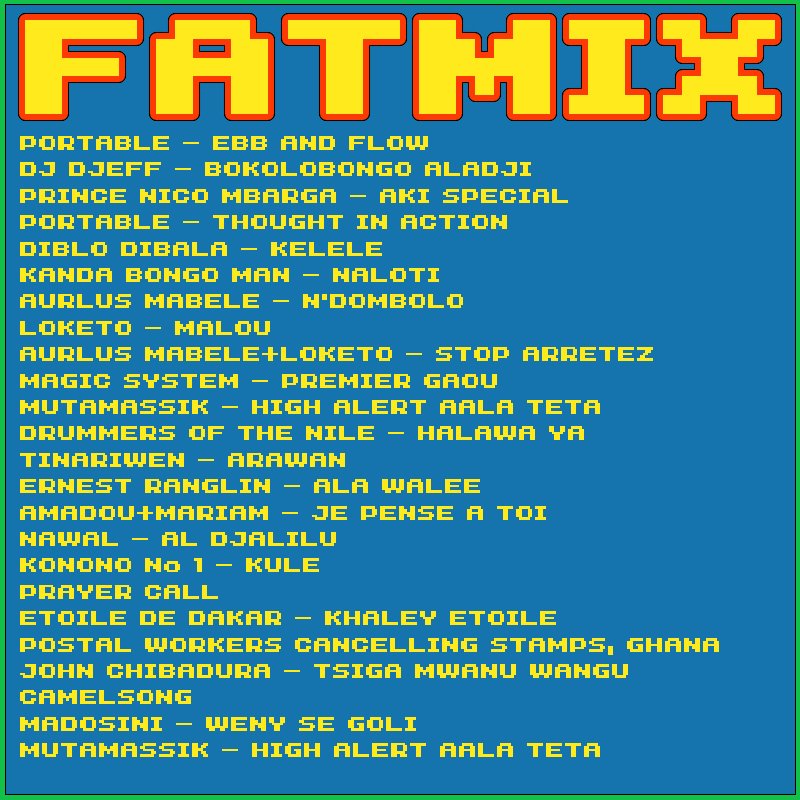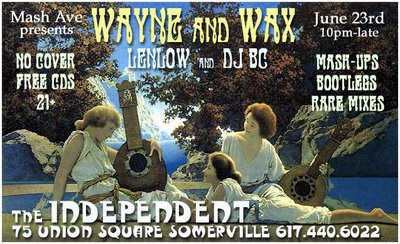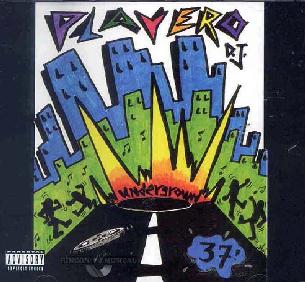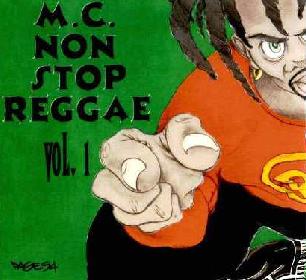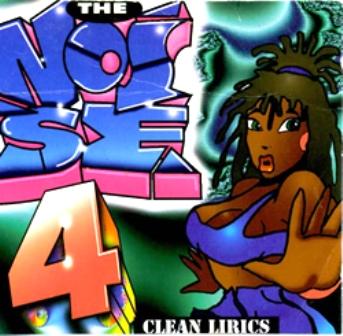linky link link


- blogariddims 'bout to launch! get ready for transatlantic aural adventures.
- laptop for rastafari (thx tomas !)
- ebog on whether (or not) to go gully or gospel
- on a more solipsistic tip:
i have to admit -- i'm oddly tickled that tj maxx'o'lantern remains my "most viewed" photo at flickr, all serges aside. (now there's a good way to mess with the ratings.) - finally, bravo to my UW-madison colleague, richard miller, who composed the following reflection on questions of ethnocentrism in a response to a thread on the unfortunately otherwise typically less "measured" SEM list. those of you who are acquainted with ethnomusicological debates and history will, i hope, find richard's post a learned, thoughtful perspective on what has long been a rolling, roiling rancor; those who are not will, i hope, find it a stimulating set of ideas about how one goes about (and how some went about) making sense of the world of music and music in the world.
>Victor Grauer wrote:
>
> But isn't the obsession with tuning already typically "western," thus
> ethnocentric?
>
In a word, no.
First, the suggestion that tuning is an exclusively western "obsession" is easily negated. The example that immediately springs to mind is tuning theory in Chinese musicology, with the first blast appearing in the "Lushi chunqiu," written by emperor Qin's prime minister sometime in the 3rd century BC, and culminating with the mathematical definition of equal temperament some 100 years before that formula appeared in Europe. On a practical level, the fine distinctions made by, for example, a Javanese penglaras when tuning a complete gamelan set, or when comparing two sets, reveals a very keen interest in tuning even though there is no apparent tradition of a mathematically informed discourse on tuning. The same is true of organology and other forms of classification--the suggestion that classification is either exclusive to or somehow uniquely employed by the west is entirely unsupported (and unsupportable) by historical or ethnographic evidence. And, I would argue, the same is true for the "incorporation" of foreign specialists into a philosophical or scientific discourse--see the history of the Islamic world during the European middle
ages, among other topics.
Second, we need to carefully separate provenance and ideology. Even if it were true that an interest in tuning was a phenomenon exclusive to Europe and the Americas, that would not automatically make it "ethnocentric." Ethnocentrism requires at the very least an insistence on viewing foreign groups from the point of view of one's own, and to a very great extent it also implies the fundamental superiority of one's own group over foreign groups. The first aspect, which we might call "weak ethnocentrism," is difficult to apply here if we recognize that the interest in tuning is hardly unique to the west. Furthermore, although it is certainly possible to bend an interest in tuning systems toward the elevation of western (elite) music above all others, and this was done by numerous 19th century thinkers (Chappell comes to mind, and some members of the Kulturkrieslehre approach as well), such was expressly not the goal of the early comparative musicologists such as Helmholtz, Ellis, Hornbostel, etc., much less the generation(s) that saw the transition to ethnography -- Fox-Strangways, Kunst, etc. Helmholtz, for example, says that the fact that he likes German Romantic music above all others in no way justifies elevating its aesthetics to universal law, and Ellis grounded his extensive study of non-western scales on an awareness of the variety of tuning systems in Europe itself--witness his table of English organ tunings, or his discussion of the dispute between symhonies over concert pitch. If tuning in "the west" cannot be characterized as a single unique system, how then can it be elevated over all others?
The question of the relationship of ethnomusicology and its fore-runners to colonialism is an important one, but it is not an easy question, nor can it be adequately addressed without looking at the entire package. What intellectual discipline of similar or older lineage can fairly say that it developed outside of colonial practice? Archaeology? Napoleon would disagree. Astronomy and physics? Ask the Dutch scholars manning the observatory in Bogor, or in fact any of the expeditions aiming at measuring solar eclipses and the like. Mathematics? Not in the case of munitions development, or the discipline of logistics, so important to colonial enterprises. Philosophy? Nietzsche and Heidegger took major advantage of German translations of Chinese and Indian philosophical texts, which came about because of the European colonization of China and India. The fact is, what we sometimes over-optimistically call "western civilization" would not exist without colonialism, so it is hardly surprising that there would be some relationship there with ethnomusicology, nor that the relationship would bear some ambivalence. So what else is new?
I think we need to recognize that some of the decisions and interest of early comparative musicology, like tuning systems and organology, do not represent ideological efforts at extending colonialism into music, deliberate or otherwise, but were good-faith efforts to find some common ground on which to understand the variety of musical experience. Comparison of this kind requires measureable features, and in this period preceding the development of ethnology as the basis for researching that variety, musical instruments and tuning systems were among the very few aspects of music that were readily available for study. Today, when ethnomusicologists can get at the living practice of music so much more easily, tuning systems and organology have become much less important to the discipline, as have the questions answerable through the study of tuning systems and organology.
Times change, but it would be disingenuous to fault 19th century comparative musicologists for not being part of our contemporaneous world. I'm with Victor in this regard: let's not make ourselves (or our predecessors) out to be simpler than we really are. Ethnomusicology has made an enormous effort since the rise of post-structuralism (at least) to show the complexities of the music and societies we study. If we refuse to do the same for ourselves, we deserve to be called "ethnocentric."
Richard Miller
University of Wisconsin-Madison
and
tomorrow marks 2 years (!) since i picked this blog thing up again. so far, so good. thanks to you all - yes, even you - for keeping me at it. i really do appreciate the feedback and trackback and the kind words and corrections. we'll be making some changes here at w&w soon, so please stay tuned.








